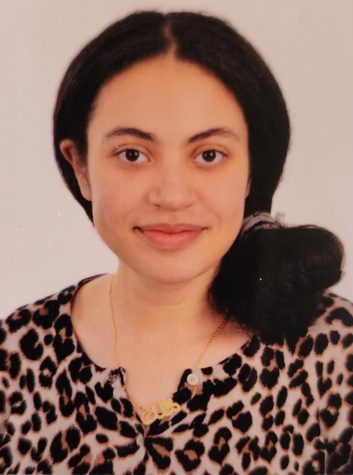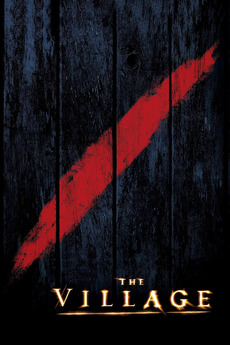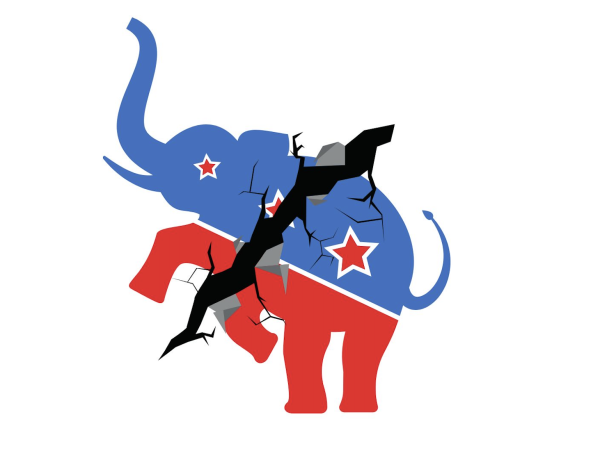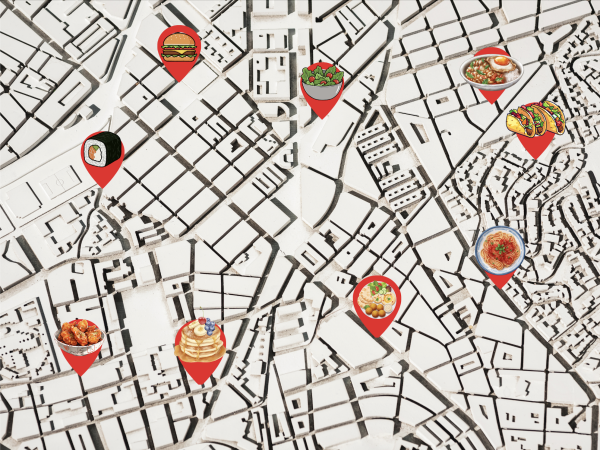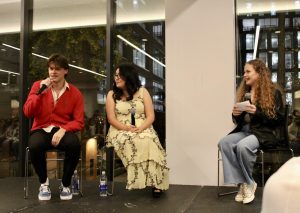NPR’s ‘Life Kit’ host shares tips and tricks on entering the media field
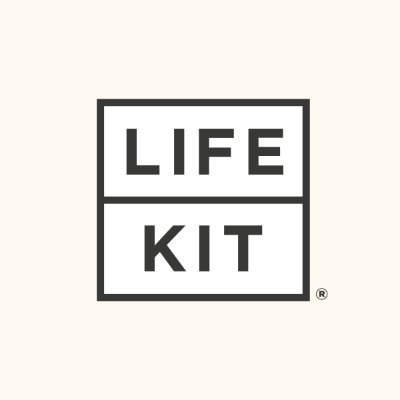
@NPRLifeKit on Twitter
March 2, 2023
The University’s Communications and Media department held a talk-back with Marielle Segarra, host of National Public Radio’s (NPR) hit podcast “Life Kit,” on Feb. 28. Michael Huertas and Zoe Hocker, members of the Communications and Media Honor Society (Lambda Pi Eta), had the opportunity to interview Segarra about her experiences leading up to her career in podcasting and journalism.
Segarra graduated from Brown University in 2010, where she studied English and was an active member of her campus’s radio station. She started off working for Brown’s student newspaper but ultimately decided that she wanted to pursue audio journalism. While Segarra currently works for NPR, she has previous experience with Latino USA, WNYC, WHYY and Marketplace.
She described her immediate post-graduate experience to be especially difficult, with the state of the economy being what it was post-recession–Huertas pointed out that the issue regarding the economy is a top concern for many of today’s recent graduates or those approaching graduation. When asked for advice, Segarra emphasized that “the mindset, grit, persistence” and “not giving up right away” are most important.
Segarra built her career primarily from internships, explaining that those opportunities made it possible for her to “cobble together a journalism education.” Through Segarra’s journey, she described that a formal journalism education does not particularly fit every pathway toward a career in the field. “You learn in the process of doing,” the professional said. However, Segarra also pointed out that choosing your major is still important. Throughout her undergraduate years, she took many political science and international relations classes that gave her context on how to be a journalist, which became especially handy when she worked in economics reporting.
After graduating, Segarra bounced in and out of different internships, even doing some that she wasn’t particularly interested in, and used the positions she had already secured to obtain those she was passionate about. She provided an anecdote about when she had an internship as a financial writer and decided to pitch clips to WNYC to obtain a position there. She eventually got offered an internship in Philadelphia, where she worked for two and a half years, leading her to a position at Marketplace, where she stayed for six years before moving on to NPR.
After detailing her career path, Segarra discussed what it’s like to work at NPR, where she’s been since April of last year. One distinct difference is having a visual element to the radio station–there is now a makeup team to prepare her for the YouTube videos and Instagram reels that radio stations now implement in addition to the traditional auditory factor. “We have a really strong YouTube team at NPR,” she said, “NPR’s adaptation to social media displays how the radio industry has managed to remain alive and well, utilizing the tools that are potential threats.”
With all these experiences under her belt, Segarra is now working in the podcasting industry, which has been booming in recent years. “Journalism is really needed in podcasting; there’s value in saying we did the reporting on this topic–it’s what makes an audience trust you, which not every podcast does. We have a solid fact-checking process [at NPR].”
She went on to explain the key elements that make a good podcast. “It depends on the type of show it is…if you’re doing something narrative, you want action and reflection, there has to be a point.” She elaborated on the concept of trust explaining, “When I stop listening to something, it’s because I feel like people are reading a script, and sometimes we are reading a script, but we can’t make it seem like we are…too much throat clearing is pretty terrible too.”
The journalist and media professional left the room of curious students with an important note about self-care. “If it becomes all about work, I just feel like a shell,” Segarra shared, emphasizing that it’s essential to take care of oneself physically and mentally by staying active.
Lambda Pi Eta hopes to make events such as “Talk-Back and Pizza” an annual occurrence. The Communications and Media department also announced that the University will have podcasting and audio equipment available for students to use either professionally or simply for experimentation.

